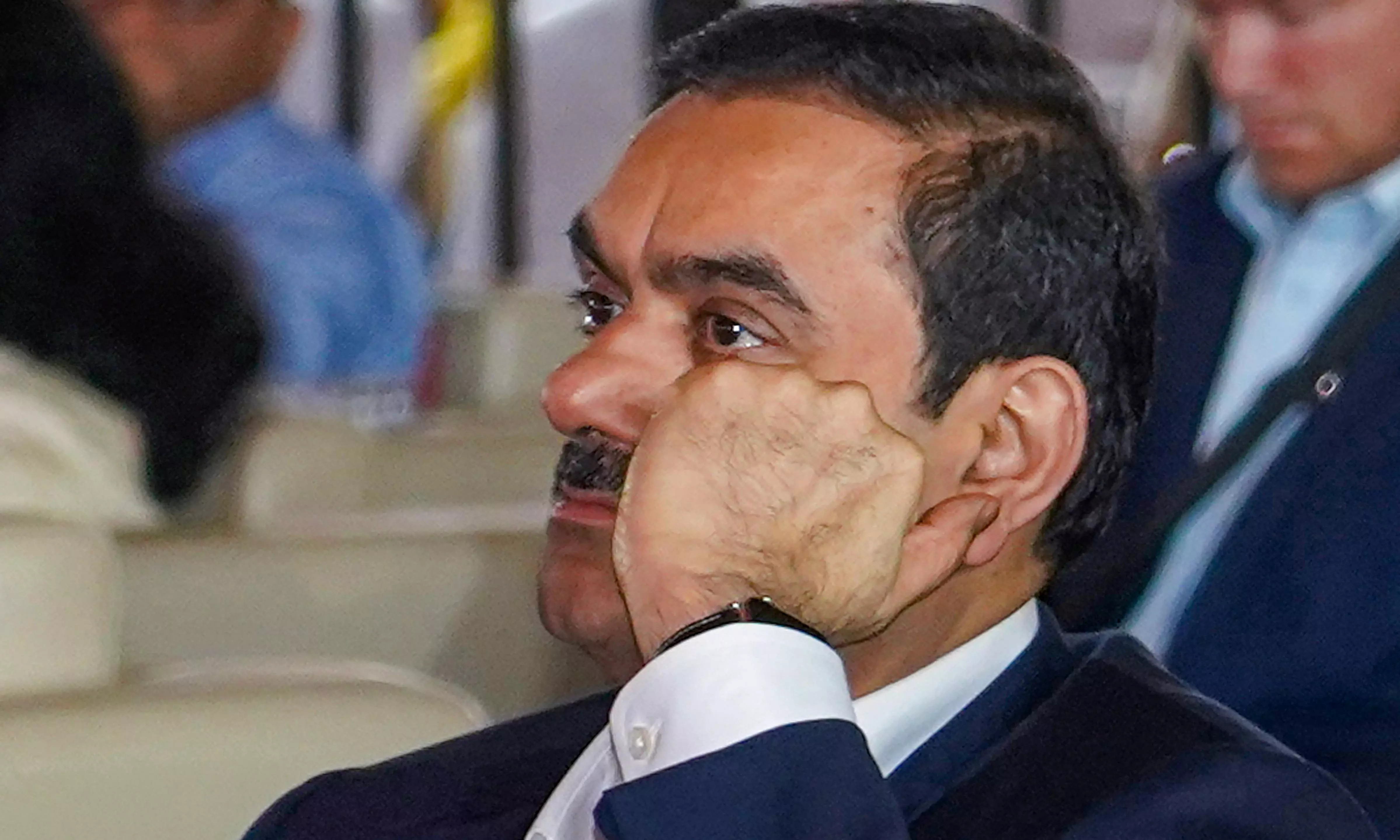The civil and criminal cases against the Adani Group, pursued by the US Securities and Exchange Commission (SEC) and the Eastern District of New York, have been assigned to a single judge in a US court to streamline proceedings and enhance efficiency.
These cases have been reassigned to one judge to prevent scheduling conflicts and ensure smoother handling, said a report in CNBC-TV18, who has reviewed the orders passed by a US court in December, reassigning the cases to a single judge.
The cases that have come under one judge include US vs Adani and others (the criminal case against Adani), Securities and Exchange Commission (SEC) vs Adani and others (civil case against Adani), and SEC vs Cabanes (civil case against the other accused). Both cases, centred on allegations of a bribery scheme, are now overseen by US District Judge Nicholas Garaufis.
However, the civil and criminal proceedings will be heard separately, with individual judgments delivered for each.
The decision had been taken for the purpose of judicial efficiency and to avoid conflicting schedules, said the court. The cases will all be assigned to district judge Nicholas G Garaufis, who is also overseeing the criminal case against Adani.
A US Department of Justice spokesperson told CNBC-TV1 that both the civil case before the SEC and the criminal case before the Eastern District of New York have now been assigned to one judge but have not been merged.
Bribery allegations
Adani and others are charged with paying US$265 million or ₹2029 crore in bribes to Indian government officials to get solar energy contracts with state electricity companies.
Earlier, US prosecutors had alleged that the fact was kept hidden from the US banks and the investors from whom the Adani Group raised funds for the solar energy projects.
Also read:US indictment against Gautam Adani could spark international probes, investor exodus
The SEC has charged Adani and others under the Foreign Corrupt Practices Act (FCPA). The indictment was filed in the US District Court for the Eastern District of New York.
The allegations also involve Adani Green’s $750 million bond issuance in September 2021, which included approximately $175 million from US investors. The SEC complaint claims the offering documents contained misleading statements about anti-corruption measures, misleading US investors.



